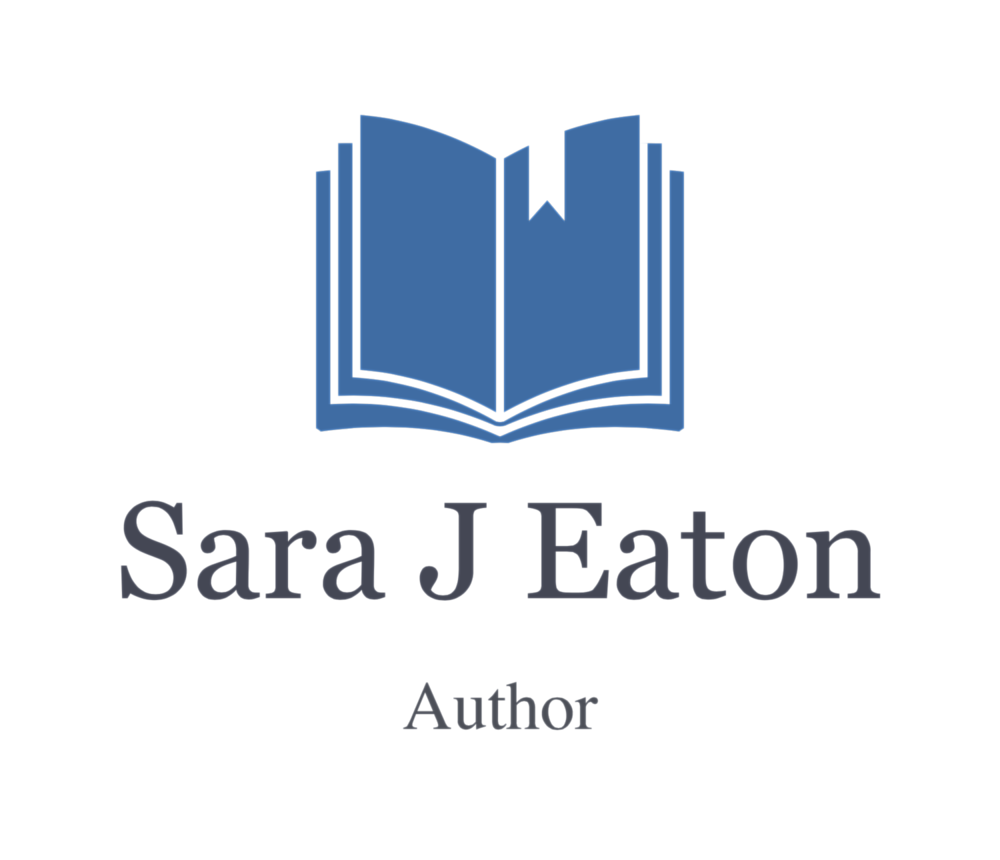Hi! If you’re new here, thank you so much for taking time out of your day to help reduce the stigma surrounding mental health This post is part of a series called “Mental Illnesses Aren’t Adjectives,” so if you haven’t read my introductory post, click here to do so. The first installment, which talks about OCD, can be read here. The second installment on bipolar disorder can be found here. If you have already read those posts, let’s jump right into it!
“What a Schizo!”
This Expression vs. What Schizophrenia Really Is
Schizophrenia is a more severe mental disorder than some of the others I’ve discussed. There are three types of schizophrenia symptoms: positive, cognitive, and negative. The use of the word “positive” is a bit misleading at first. “Positive” means that a person has a psychotic behavior that isn’t usually seen in those without the disorder. As a side note, I’d like to take a moment to define what psychosis is, because I feel like this word has a lot of stigma attached to it as well. The National Institute of Mental Health defines psychosis as “… conditions that affect the mind, where there has been some loss of contact with reality.” Some of these positive symptoms are hallucinations and delusions.
Negative symptoms are the type of symptoms described for most conditions. Some of these symptoms are struggling to enjoy everyday activities and not showing emotions through facial expressions or tone. Cognitive symptoms include difficulty making decisions or paying attention.
Schizophrenia is a heavily stigmatized condition. There are many misconceptions about the illness, but one very common and very damaging ones is that people with schizophrenia are dangerous. According to Harvard Health, a 2006 study revealed that a whopping 60% of people believed this myth. Data from 1973 through 2006 showed that 5.1% of the general population was convicted of a violent crime while 8.5% of those with schizophrenia were. However, it’s also very important tot remember that those with a severe mental illness are actually ten times more likely to be the victims of a violent crime than commit one themselves.
Now, you might still be looking at the slight increase in crime likelihood and wondering why that is and wonder why that is the case. Those with schizophrenia are often able to live fulfilling and majorly “normal” lives with treatment. However, there can be significant barriers to treatment. One of the positive symptoms is that many people become convinced that their medication is actually poison instead of treatment. It is important to remember that this is an absolute truth to the person; it doesn’t seem like a delusion at all. So, some people struggle to stay on their medications. This can be very dangerous for themselves, and in some cases, those around them. As well, finding access to mental health care can be difficult. Many people don’t have the resources, time, or money.
The idea that people are acting “schizo” reinforces that those with schizophrenia are crazy, deranged, or out of touch with reality. It goes back to the idea that many people view those with schizophrenia as their symptoms instead of a person with symptoms, and it forgets the idea that living a fulfilling life is possible!
What to Say Instead
Calling someone “schizo” or “crazy” is a pretty judgmental observation, so I would suggest people try to be aware of that and stay away from that language altogether. Maybe you feel like your friend is acting irrational by latching on to one thing you said in a conversation. You might feel like your coworker lets their emotions take over too often. Whatever the issue, using direct and precise language is the best way to share your concerns with others. Even if you’re just venting to a friend, telling them what is going on will help them sympathize much more than just using vague and inaccurate terms to describe someone. It’s a win-win for you and the fight against stigma!
Want to Learn More?
I recommend going here to learn more about schizophrenia.
